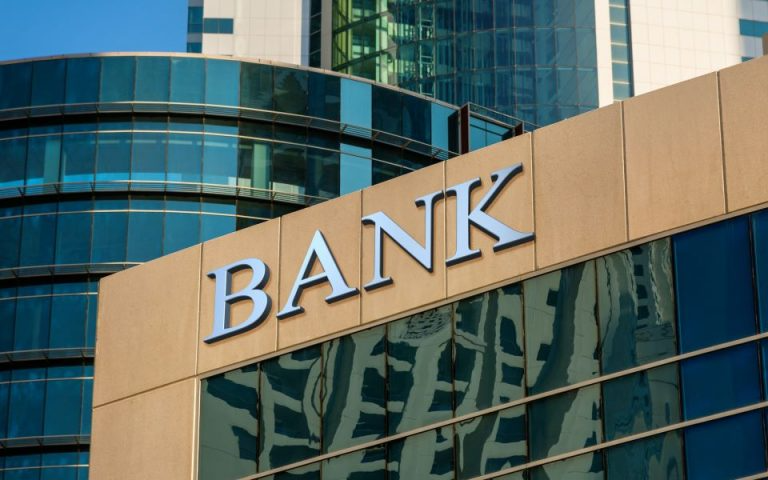
Greek banks are ready to move forward with overseas acquisition deals after overcoming the painful restructuring hurdle, top executives of the country's four largest banks said.
During a Bloomberg-hosted discussion on Monday, Piraeus Bank Chief Executive Christos Megalou stated, "The country needs stronger, bigger banks." "All of us are looking at plans outside of Greece," he said.
Other panelists, Alpha Bank Chief Executive Officer Vassilios Psaltis, National Bank of Greece Chief Executive Officer Pavlos Mylonas, and Eurobank Ergasias Service and Holdings SA Chief Executive Officer Fokion Karavias, who added that cross-border consolidation would be welcomed by all industry stakeholders in Greece, were in the same vein.
Greece is at the forefront of a pan-European effort to return lenders to private ownership. In little more than a year, the state has divested itself of three of the country's largest banks and has largely sold its stake in the fourth, namely ΝΒG. The placements, which generated 3.5 billion euros for the government, effectively led to the privatisation of an entire sector.
The Greek bank privatisation processes ushered in a new era for European banks, as governments from Ireland to Italy and from the UK to Germany have their stakes in the banks they have held since the era of massive bailouts nearly a decade and a half ago. This development is made possible because bank valuations are soaring at a time when many governments are looking for new sources of revenue.
"Banks in Greece have excess capital right now," Karavias told the panel. They will use it to finance growth, repay some amount to investors - and look for acquisitions, he said, pointing to "the banking, insurance and asset management sectors" as the most interesting.
He also cited the markets in Bulgaria and Cyprus in recent years as evidence that Greek banks are becoming active resolution agents.
Greek banks have achieved their recovery gradually, Bloomberg observed. They first reduced their red loans from a peak of 90.7% in March 2016 to 6.9% in June. The return to profitability allowed them to pay a dividend this year for the first time since 2008.






